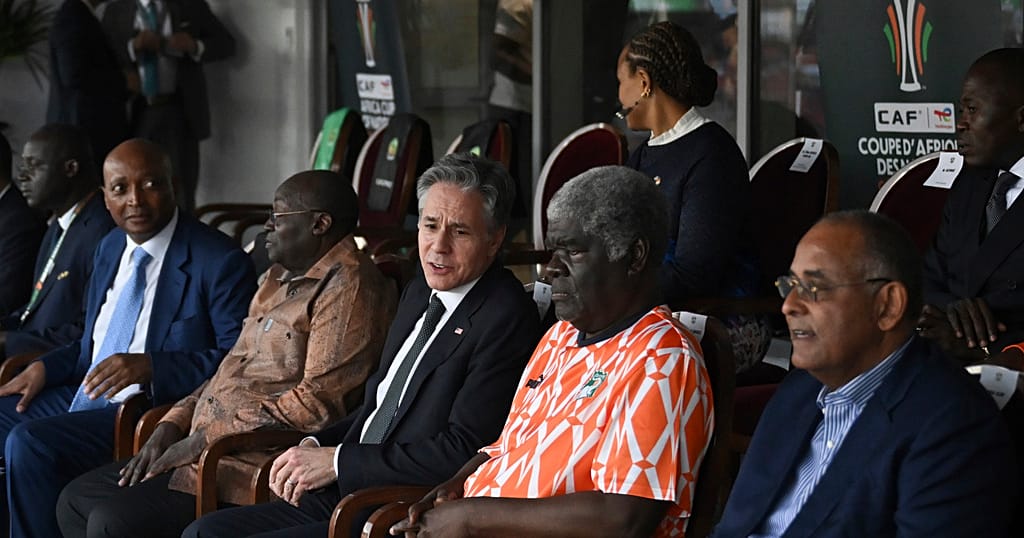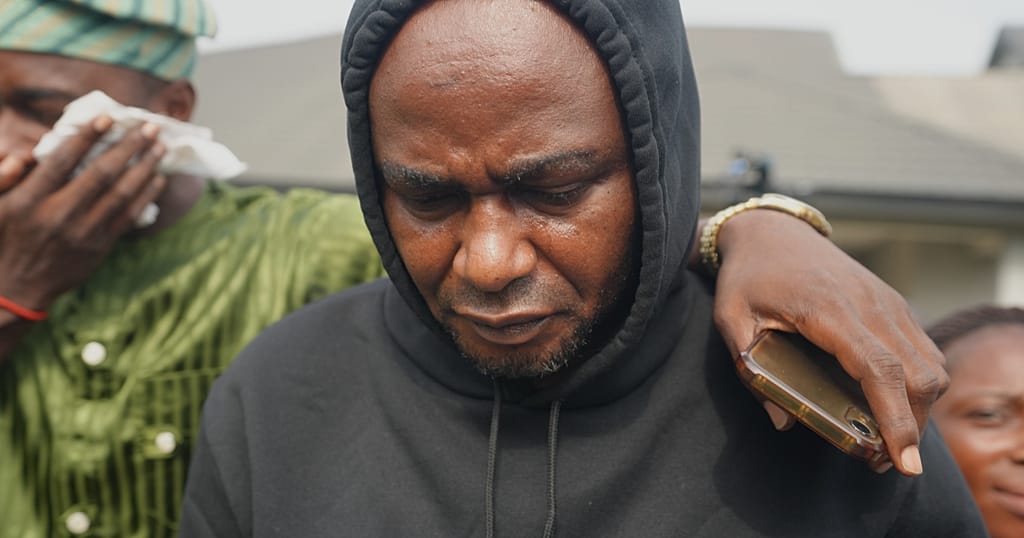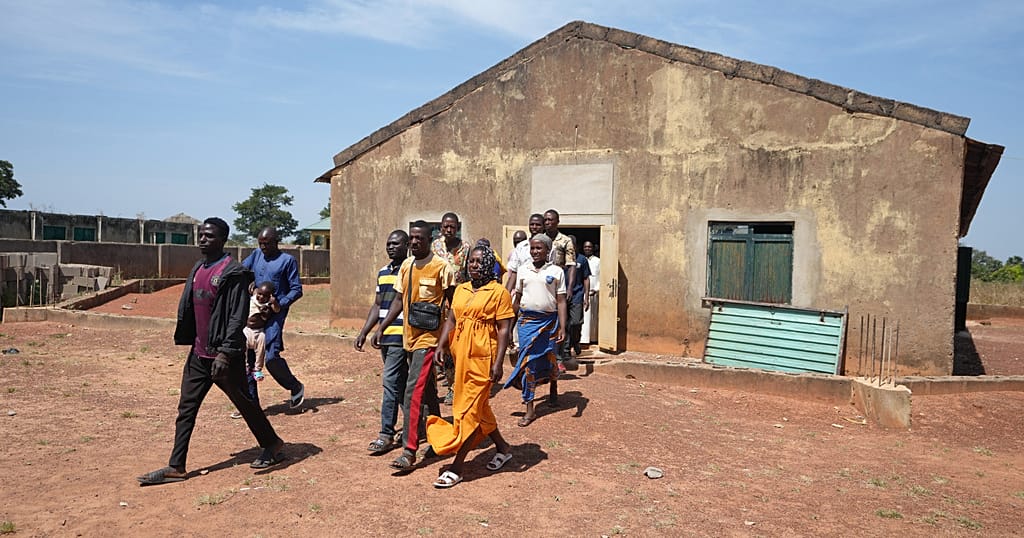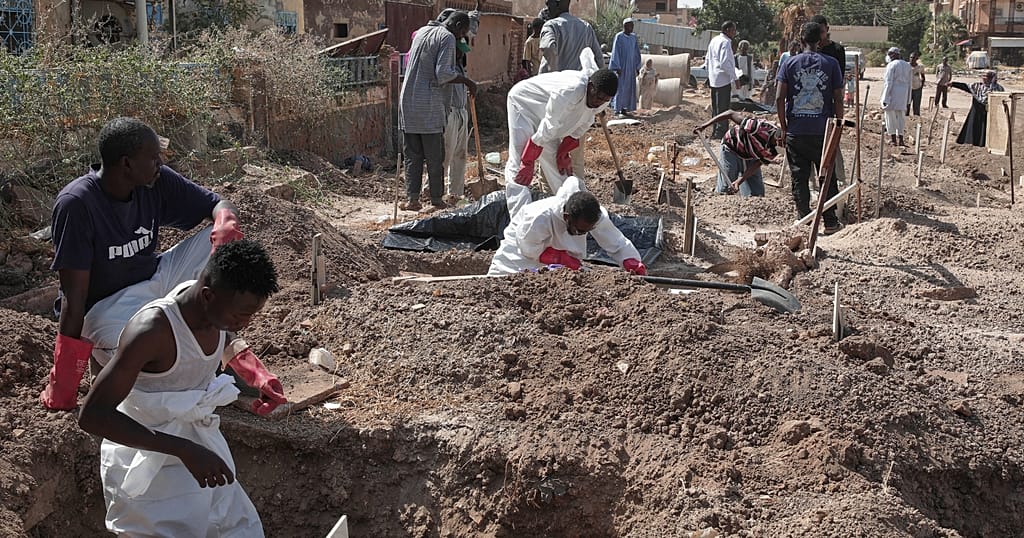Christmas arrives in Ethiopia | Africanews
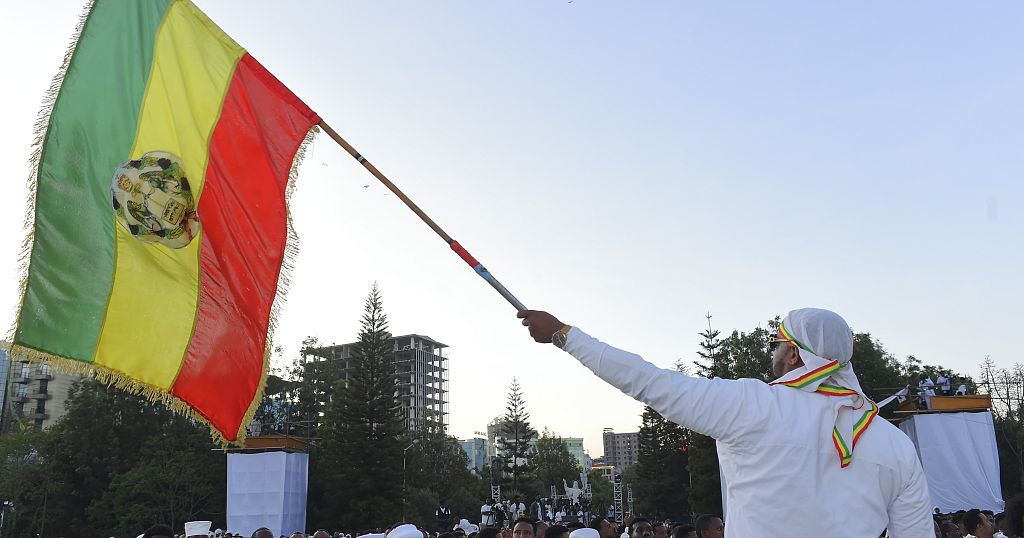
Ethiopia, one of the earliest nations to embrace Christianity, continues to honour its rich religious heritage. This year, thousands of Ethiopian pilgrims and international tourists gathered in the historic town of Lalibela to celebrate Orthodox Christmas at one of the world’s oldest and most unique churches.
Lalibela’s churches, built in the 12th century during the reign of King Lalibela, are UNESCO World Heritage Sites and remain a pilgrimage destination for millions of Christians each year. The churches, carved directly into solid rock, stand as a reminder of Ethiopia’s ancient connection to Christianity and its unique religious practices.
The Orthodox Christmas, known as “Lidet” in Ethiopia, takes place on January 7th. The three-day festival, filled with religious ceremonies and family gatherings, draws believers from across the country and around the world. This year, thousands of worshippers attended a church service in Lalibela to mark the birth of Jesus, showcasing Ethiopia’s enduring commitment to its Christian faith.
Samuel Choi, a tourist from Hong Kong, was among the visitors who marvelled at the cultural richness of the celebration. “You have such a wonderful, rich heritage. It’s very unique in the world,” Choi said. “There are no other places you can find that I am quite free, when I came and saw all these people all come in for one reason, to celebrate the birth of Jesus. And so I’m actually very thrilled and very happy to be able to be in Ethiopia.”
For Ethiopian pilgrims like Masresha Misgana, the event is a yearly tradition that draws them closer to the country’s religious roots. “King Lalibela constructed these churches and heritage sites in the 12th century, creating the second Jerusalem in Africa,” Misgana explained. “Each year, Christians come to visit this second Jerusalem to celebrate, and we also join in the festivities.”
The Orthodox Christmas celebration is not only about faith but also about maintaining centuries-old traditions.
John Mike, a tourist from Jamaica, shared his thoughts on the experience: “Some of the clothes and the instruments and the traditions are the same that they have been for many hundreds of years. So it’s very historical. Even this morning, when we were downstairs in the church and we looked outside, we didn’t know it was 2025. It could have been anytime from the last thousand years. Lalibela is a place where the ancient and the modern come together.”
Unlike Catholic and Protestant Christians who follow the Gregorian calendar, Ethiopians observe the Julian calendar, which is 13 days behind. This difference in dates is one reason why Ethiopian Orthodox Christmas falls on January 7th, rather than December 25th.
The celebrations are marked by vibrant religious rituals, including a midnight mass and feasts where families come together after breaking a long fast. Traditionally, Ethiopians slaughter animals such as goats or cattle, as a symbolic gesture of sharing the joy of the occasion with family and friends.
Source: Africanews



